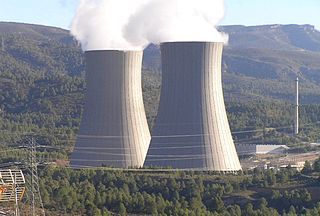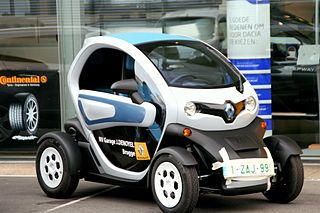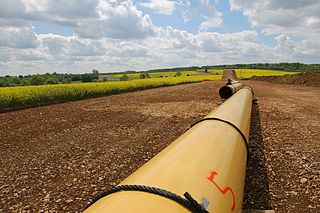Dow Chemical and Corporate Sustainability



Here’s a report from the New York Times on the melting of the Quelccaya ice cap in the Peruvian Andes – a formation that developed over a period of 1600 years, only to be melted away in the last 25.

“As the US moves toward a more sustainable energy future, simply maintaining nuclear energy at 20 percent of US electricity supply will require the construction of 20 to 25 new nuclear power plants by 2030. Additionally, modeling of climate change policy scenarios consistently shows that a failure to deploy sufficient nuclear power generation capacity will lead to an over-reliance on natural gas, the result of which will likely be reduced competitiveness for US manufacturers and higher energy costs for all Americans.”
I think it’s not going to happen. Nuclear is too expensive, the level of public rancor re: nuclear safety and the disposal of waste is too great, and the public understanding of and concern about climate change is too low.
Note also that this quote is confusing and self-contradictory. Read the second sentence carefully. Concerns re: climate change cause over-reliance on gas, and that causes reduced competitiveness and higher energy costs? So you want to build nuclear plants? That doesn’t make sense.

Fritz doesn’t say if the product comes with a pretty and adoring girlfriend with long, beautiful legs as standard equipment, but the video implies that the answer is a resounding YES!
Seriously, charging an EV in Europe is becoming easier by the day. ABB is building out the world’s largest network of fast-charging stations, starting in The Netherlands.

• Hard-core environmentalists say the approval of the project means, in the words of Dr. James Hansen, “game over for the environment,” as the release of that huge amount of previously sequestered CO2 into the atmosphere will cause an unprecedented level of climate change. (more…)

Sorry to be so blunt, but I find this to be pure silliness, put forth in an apparent attempt to promote the guy’s book – which I’m going to skip. In the first place, the concept of establishing the magnitude of problems of this order, mounting and changing as they are over the course of many decades, is asinine. (more…)



Solar power has been a viable option for decades, but only if you could afford to install a costly system to harness the virtually endless energy of the sun. Those who were financially unable to handle the upfront costs remained at the mercy of their local utility companies. (more…)